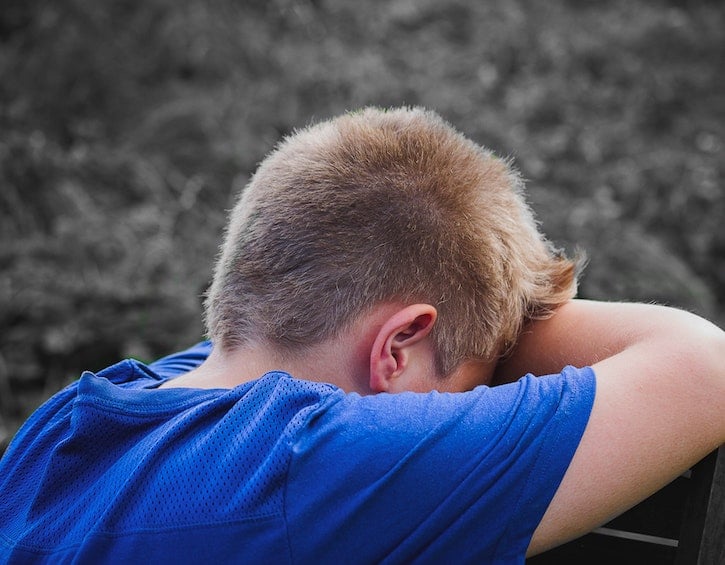
Bullying in Hong Kong, especially in schools and on playgrounds, is far more common than we realise. Here’s how to recognise this common childhood malaise and tips on how to prevent it at any age.
School has just started and some of our kids may display reluctance to go back to school or even suggest changing schools. While some anxiety about school is normal, if it persists, try to dig deeper to see if it’s due to bullying. From our own experience, we know children can be cruel. If someone is mean to our kids, but their behaviour is more or less harmless, we can forgive it and forget. Bullying though can have longer and more serious implications.
Read more: Get Back-To-School Ready – School Supplies, Extracurriculars And More

How common is bullying in Hong Kong?
Experts define bullying as when an individual or a group of people with more power, repeatedly and intentionally causes hurt or harm to another person (or group of people) who feels helpless to respond. Often hidden from adults, bullying will likely continue if no action is taken. Simply put, it means intentionally being ridiculed, humiliated, embarrassed, intimidated, emotionally battered, or even tortured, overtly or covertly.
Common types of bullying
- Verbal bullying: This involves name-calling, teasing, threats and insulting.
- Physical bullying: This ranges from pushing, hitting, pinching, scratching, etc. to unwanted touching and damaging property.
- Relational bullying: This is associated with tactics used to exclude the child socially, from alienating him or her from friends to starting rumours, public humiliation and playing hurtful pranks.
- Cyberbullying: This is done using technology and the Internet, especially social media. Experts warn that it’s more dangerous these days as it’s easier, quicker, and can be far more harmful than many of the other forms of bullying.
- Sexual bullying: This could be verbal or physical abuse with sexual connotations, crude name-calling, inappropriate and vulgar gestures and uninvited propositioning. In extreme cases, it might also include pornographic content. Gender discrimination can be a form of sexual bullying.
- Prejudicial bullying: This is a form of direct discrimination based on race, religion and ability (if someone is lablled as different). This may include slurs and can be verbal, physical, relational and/or cyber.
Recently Hong Kong schools have had a bad reputation with bullying and even student suicide making headlines in the news. Maitreyi Mehta, former school counsellor and current relationships counsellor with Connect Counselling says that bullying in Hong Kong schools is difficult to measure; however according to this research by CityU Hong Kong, approximately 30% of students in the city’s schools experience bullying.
Read More: How To Talk To Kids About World Events & Scary News
Why does bullying happen?
We all know that the instinct of “survival of the fittest” is etched deeply into us, but can manifest itself in more aggressive forms. Bullying sometimes stems from this in the sense that it often comes from an individual overcompensating for his or her own insecurities (trying to eliminate anyone weaker or challenge those fitter, with the resources available) Child psychologist, Anuprita Kalgutkar says:
Bullying is a display of an imbalance of power. Bullies usually target a child or teen making him or her a scapegoat either to vent their own frustrations, hide their own weaknesses or simply to gain popularity among their peers. Jealousy is also an important factor in choosing the target.
Read More: Child Psychologists, Counsellors And Therapists In Hong Kong

How to recognise signs that your children are being bullied?
Most children are surprisingly hardy and will not allow bullies to affect them immediately (in most cases). They might even keep quiet, hoping to eventually get accepted by the group. If your children stay silent, how can you pick up on signs that they might be victims of bullying? The tell-tale symptoms are:
- If your child has become more quiet, anxious, cries easily, shows decreased energy levels, has headaches, stomach aches and problems sleeping.
- Some may seem unsure of themselves and start doubting their capabilities. Make a note of how they speak of themselves.
- Their circle of friends seems to have changed.
- A few have incomplete school work, start performing poorly in academics and other activities, refuse to go to school, extra-curricular classes and social events (such as birthday parties).
- There might be other physical signs such as bruises, torn clothing, damaged property and missing belongings.
It might be more difficult to spot the signs in older kids. Bullied teenagers might become exceedingly aggressive at home, especially with their siblings. They may swing from being extremely conscious of their physical appearance to neglecting their looks and appearance completely. With teens, you may have to adopt a slightly less direct approach to be able to recognise signs of bullying. Try to continue certain routine activities with them, such as helping them put away their clothes, books, school material, etc. It’s a good way to observe and assess them. Family dinners are equally important and should be made into a casual, easy conversation.
Maitreyi Mehta shares some tips that could help stay connected to what’s happening in your older kids’ lives.
Be curious about your child’s friends and social groups. Try as much as possible to have access to your teen’s social accounts.
It’s always good to remind your children that they could and should come to you if they feel like something upsetting is happening at school.
Read More: How To Talk To Your Teen – 9 Effective Communication Tips

What to do if your child is being bullied?
Bullying affects the entire being of the targeted individual and it’s only natural, as parents, to shift into “damage control” mode. However, it is important to remember not to overreact to not overwhelm your child. If your child is naturally shy, teach your child to become more empowered, self-confident and resilient. It is a good time to help your little ones grow up and realise that they are more than what the bullies are making them out to be. Let your child know that this behaviour is bullying and that the issue is about the person inciting the bullying, and not them. For more advice, check out Family Lives and Empowering Parents here.
Your ultimate goal should be to help your child develop the confidence and garner the courage to change their experience – either to complain to the authorities, journal, or anything that helps them find closure from the experience.
Read More: Raising Resilient Hong Kong Kids By Teaching Them Happiness

How to address bullying in Hong Kong schools?
It’s important to remember that EDB has a zero-tolerance policy when it comes to bullying in Hong Kong schools. (Find more information here and get information on resources for Co-creating a Harmonious School here). Your first step is to inform the school authorities – the class teacher, school counsellor and principal (depending on the severity). Ideally, the school class teacher/counsellor will have a plan in place for this kind of behaviour. It can range from keeping the students apart at school (older kids) to having a formal script of apology between the students (younger kids).
If the bullying has not been too severe and you believe it requires just some parental guidance, get in touch with the bullying student’s parents to let them know you would like to understand what’s been happening at school.
The action taken in Hong Kong schools once a case of bullying has been reported can range from having a chat with the students involved to some forms of detention, school suspension and school expulsion – all dependent on the severity of the case.
Maitreyi Mehta reassures parents that bullying can be tackled successfully at Hong Kong schools, if dealt with properly.
I’ve seen bullying most successfully dealt with when girls are involved – studies show girls have the ability to speak about their emotions more readily. Girls’ groups are great counselling tools at schools to help girls get along after a situation of bullying. It works better with younger girls. I’ve seen bullying least successfully being dealt with amongst older boys, when defensive tactics are already in place and this makes it more difficult to challenge the situation.
Unfortunately, not all tactics work and Maitreyi admits that she’s also seen many students switch schools due to severe bullying. While that’s an unpleasant scenario, it may be an option to protect your child’s best interests.
Read more: Local vs. International School – How To Choose The Right School For Your Child In Hong Kong
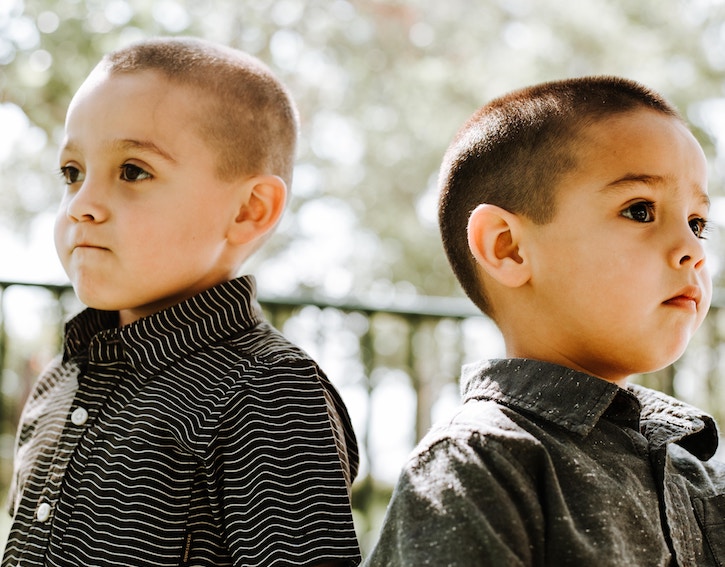
What to do if your child is the bully?
Your job as a parent gets tougher if you find that your child is the bully! The most important thing to do is to stay calm and not jump to “punishment” and “say sorry” mode. Remember the mantra to help your child will be to figure out his or her need to bully. Your child should not feel that a quick apology is enough. If they do, they will simply reboot and start afresh with a new target.
If your child’s bullying comes from insecurity, address that first and help your child become stronger within. Once they are stronger and more self-aware, help them work up the courage to apologise to the child they have targeted.
If your child’s bullying comes from being overly popular, use books, videos and apps to help you have a dialogue about:
- short-term popularity vs. long-term reputation
- teamwork
- empathy and mindfulness as a universally-accepted way to be successful
- self-development and awareness
You might need to help your child break off from his or her clique if peer pressure is the source of the bullying. Have conversations about the family ethos and talk about admired mentors who stand up for what they believe is right. Just as you would if your child is the victim, try to channel some energy into developing new hobbies and achieving new goals.
Read more: 12 Parenting Podcasts To Add To Your Playlists Right Now
Editor’s Note: This post was originally published in December 2019 by Anuprita Kalgutkar and updated in September 2024.
 View All
View All









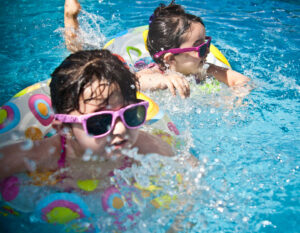
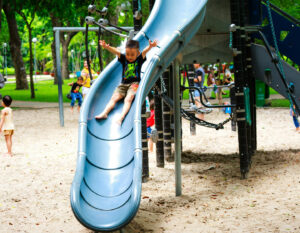
 View All
View All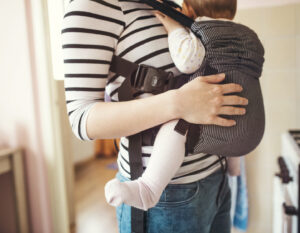
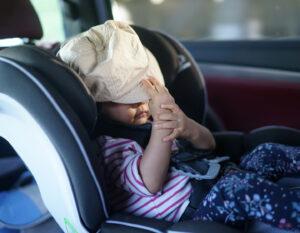


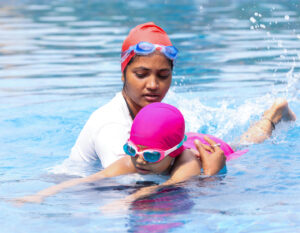
 View All
View All


 View All
View All






